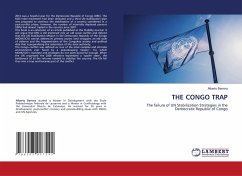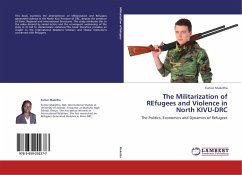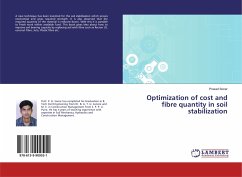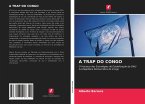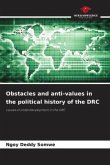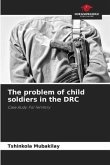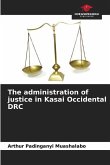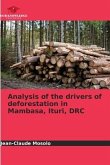2014 was a hopeful year for the Democratic Republic of Congo (DRC). The M23 rebel movement had been defeated and a third UN stabilization plan was proposed to continue the stabilization of a country considered in a post-conflict phase. However, the number of internally displaced persons (IDPs) had almost tripled in the country since 2007.This book is an extension of an article published at the Stability Journal. It will argue that DRC is still immersed into an old social conflict and defend that the UN Stabilization Mission in the Democratic Republic of the Congo (MONUSCO) cannot address its primary causes: land struggles, an old cycle of violence and the fragmentation of the Congolese society and political elite that is jeopardizing the restoration of the state authority.The Congo conflict was defined as 'one of the most complex and intricate environments ever faced by a peacekeeping mission', for which MONUSCO's mandate and strategies do not seem powerful enough. When the UN organized the 2006 elections legitimized a 'spoiler state', the bottleneck of all the reforms needed to stabilize the country. The UN fell thus into a trap and became part of the conflict.
Bitte wählen Sie Ihr Anliegen aus.
Rechnungen
Retourenschein anfordern
Bestellstatus
Storno

